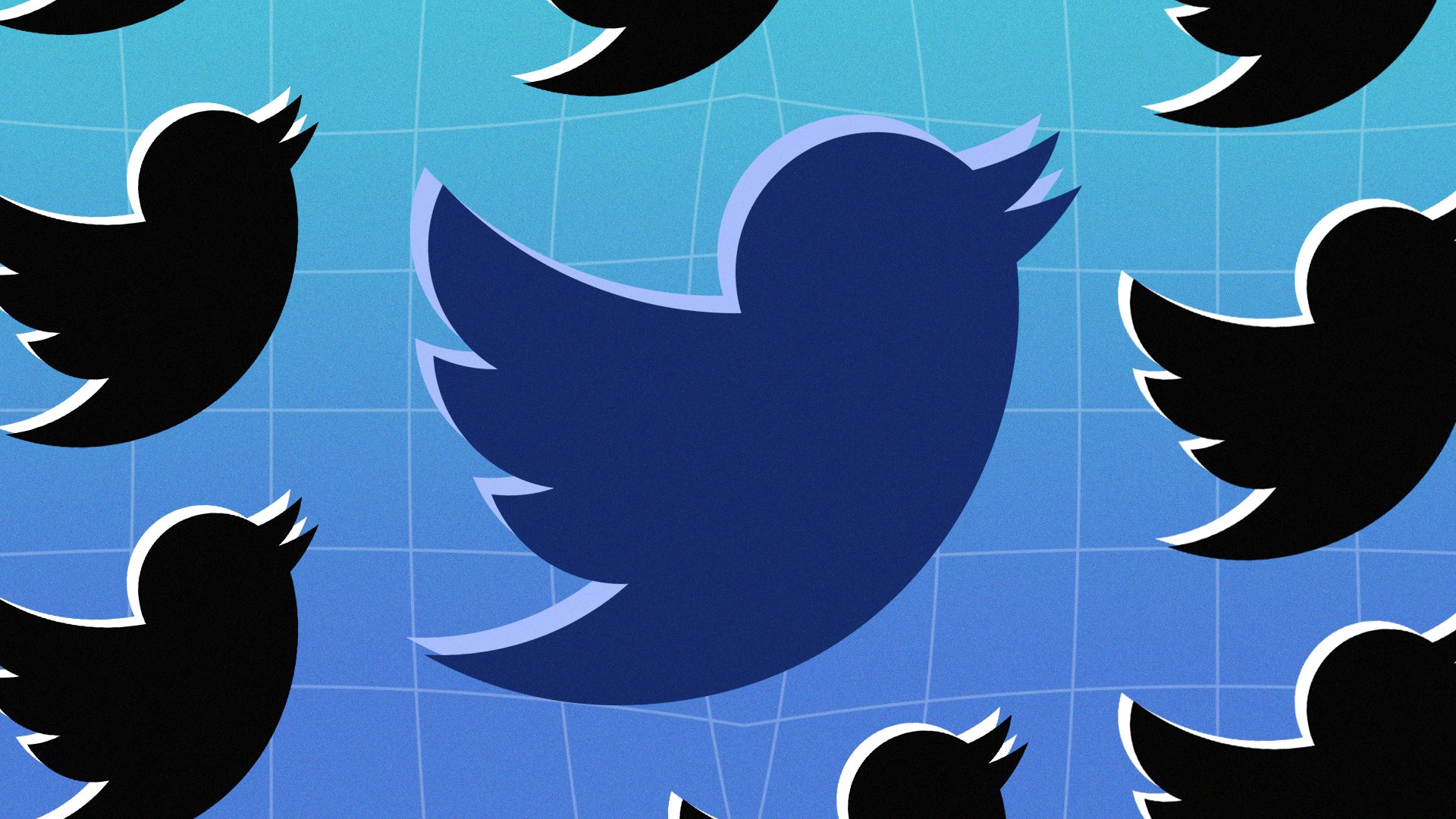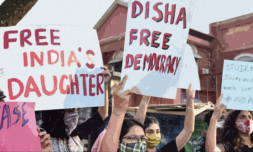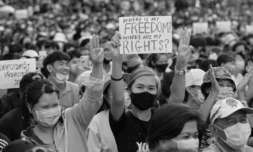Twitter joins Facebook and YouTube as the latest digital platform complicit in India’s problematic digital media law. Is it a matter of time before the whole of Silicon Valley caves to legal pressure?
Digital democracy is fast dying out within India’s borders, as social media companies cave at the prospect of losing the world’s second largest market.
Just three months ago, we were pleased to report that Twitter had abstained from handing over content moderation to President Modi’s nationalist party.
While Facebook and Twitter were quick to comply with India’s troublesome digital media law – which mandates that any user data be handed over to law enforcement agencies upon request – Twitter vowed to keep its independence as a democratic platform.
As we approach deadlines set by Modi, however, it appears the prospect of a nationwide blackout in India has caused Twitter chiefs to reverse their decision.
In-fact, shortly after we published the story in May, reports suggest Twitter immediately began appointing new executives to tick boxes for India’s ‘Digital Media Ethics Code.’ How ironic.
New inner workings of Twitter India
Early rumblings of legal prosecution against Twitter came to a head in July, when a Delhi High Court ruled that the social media platform had failed to make the obligatory changes.
All social networking apps with more than 5 million users were required to hire a ‘compliance officer’ local to India. This employee would in essence become the fall person for any legal action taken against their parent company.
Beyond this, permission to continue service in India also depended on hiring a ‘nodal officer’ available to respond to law enforcement agencies around the clock, and a ‘grievance officer,’ who acknowledges any user registered complaints within 24 hours.
Twitter was said to have outsourced a third-party contractor to fulfil the role of grievance officer, but was quickly reprimanded for failing to instate a senior staff member of its own.
Government ministers warned that failing to comply to the fullest may lead to ‘unintended consequences’ for Twitter, and stated the company had lost its legal immunity.
In theory, this means Twitter is currently legally liable for any content infractions by users – which are still incredibly vague – deemed defamatory or anti-state.
It’s no exaggeration to say that the company’s democratic integrity now hangs by a thread. Backed into a corner by India’s Digital Ethics Code, its two options are to conform, or shut its service off entirely throughout the region.
In an email to The Verge, Twitter’s stance has been made clear:
‘We have taken significant steps towards compliance to the Information Technology Rules 2021 and have kept the Indian Government closely informed of our progress.’




















